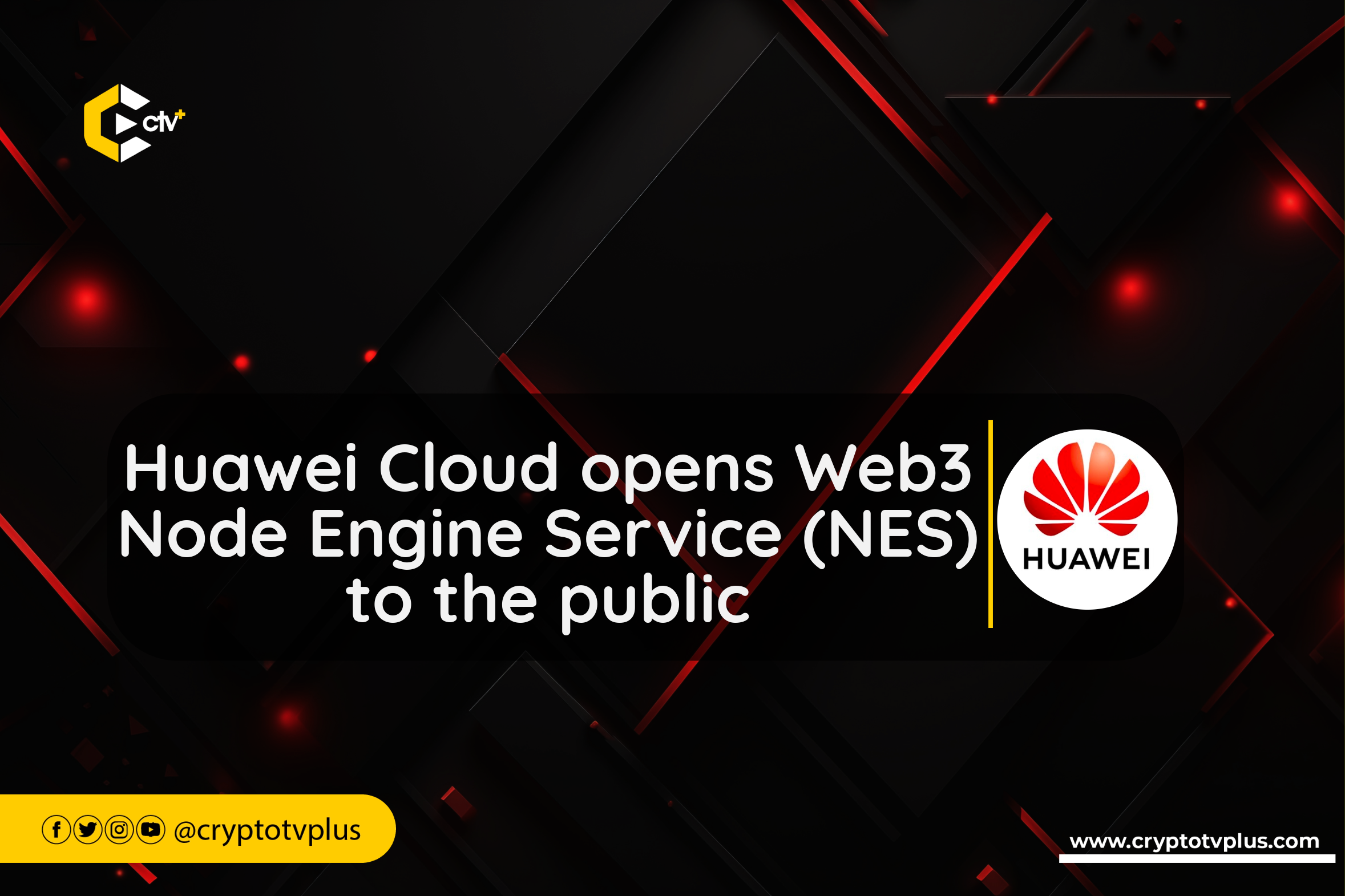News
Huawei Cloud opens Web3 Node Engine Service (NES) to the public

Huawei Cloud has officially commercialized its Web3 Node Engine Service (NES), marking a significant milestone in the world of blockchain technology. The NES platform is designed to simplify blockchain network management, resource allocation, and authentication, offering developers a seamless connection to mainstream blockchains like Ethereum.
Web3 NES is a blockchain node engine platform developed by Huawei Cloud. It streamlines blockchain network management, resource allocation, and authentication, offering a stable, efficient, and secure infrastructure for Web3 services.
According to Huawei Cloud, the Web3 NES boasts a range of features aimed at enhancing the user experience for both network validators and DApp developers. It is equipped to support over 8 mainstream public chain networks to provide users with diverse options for their blockchain projects.
The NES platform also ensures high node online reliability, connects to the Miner Extractable Value (MEV)-Boost, and abstracts away the complexities associated with network validation and DApp development which reduces development costs.
This means that validators and developers can run full nodes and staking nodes on NES without concerning themselves with the intricacies of the underlying infrastructure. The company added that users leveraging NES can experience a 10% increase in node income,
While currently limited to the AP-Singapore region, Huawei plans to expand the availability of NES in the future. Huawei has been actively engaged in the blockchain industry, offering services like Huawei Cloud Blockchain Service (BCS) and the Smart City Blockchain Solution.
BCS provides enterprises with an open, user-friendly, flexible, and efficient technology for quickly building blockchain solutions. It features secure and reliable blockchain solutions, accelerated time-to-market, and a pay-per-use pricing model.
On the other hand, the Smart City Blockchain Solution integrates networks, terminals, software, and hardware to create a secure end-to-end blockchain framework. This solution prioritizes key technologies such as consensus efficiency, account book security, and transaction processing.
Read also; Why ICE token could hit $10














